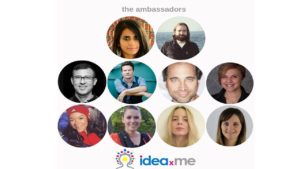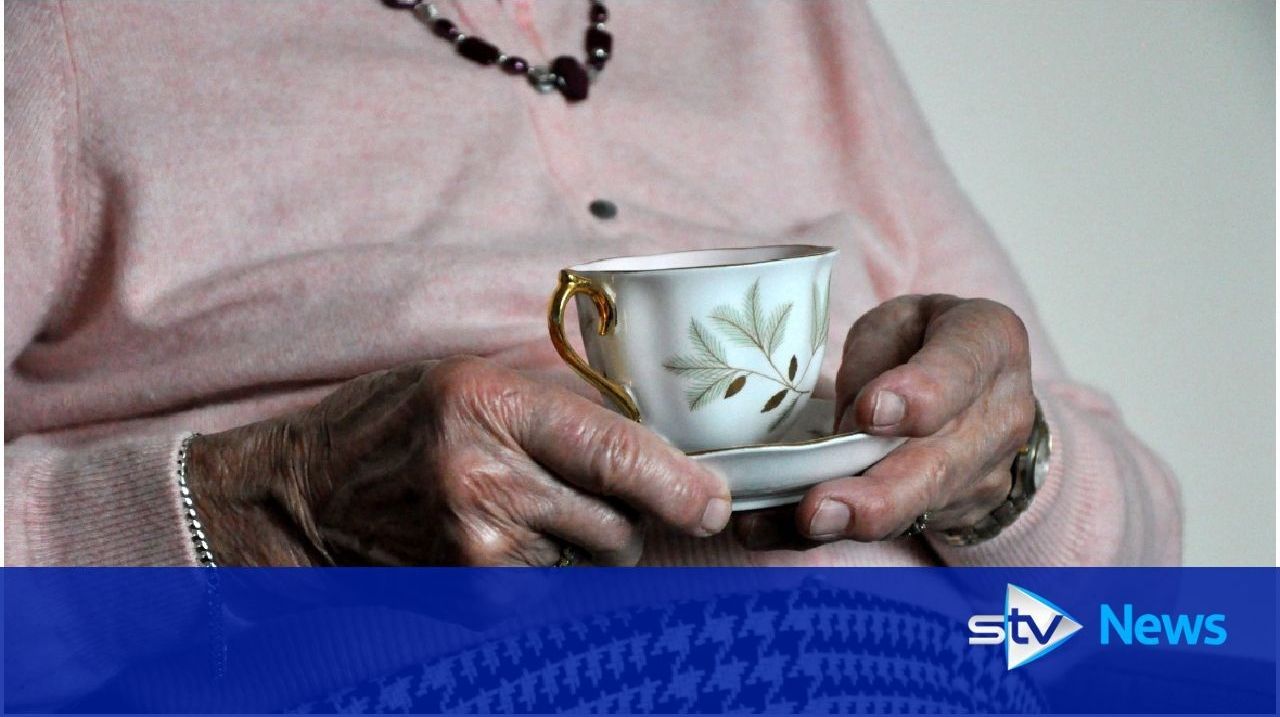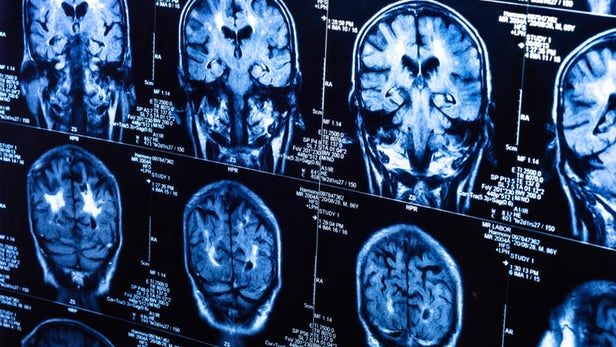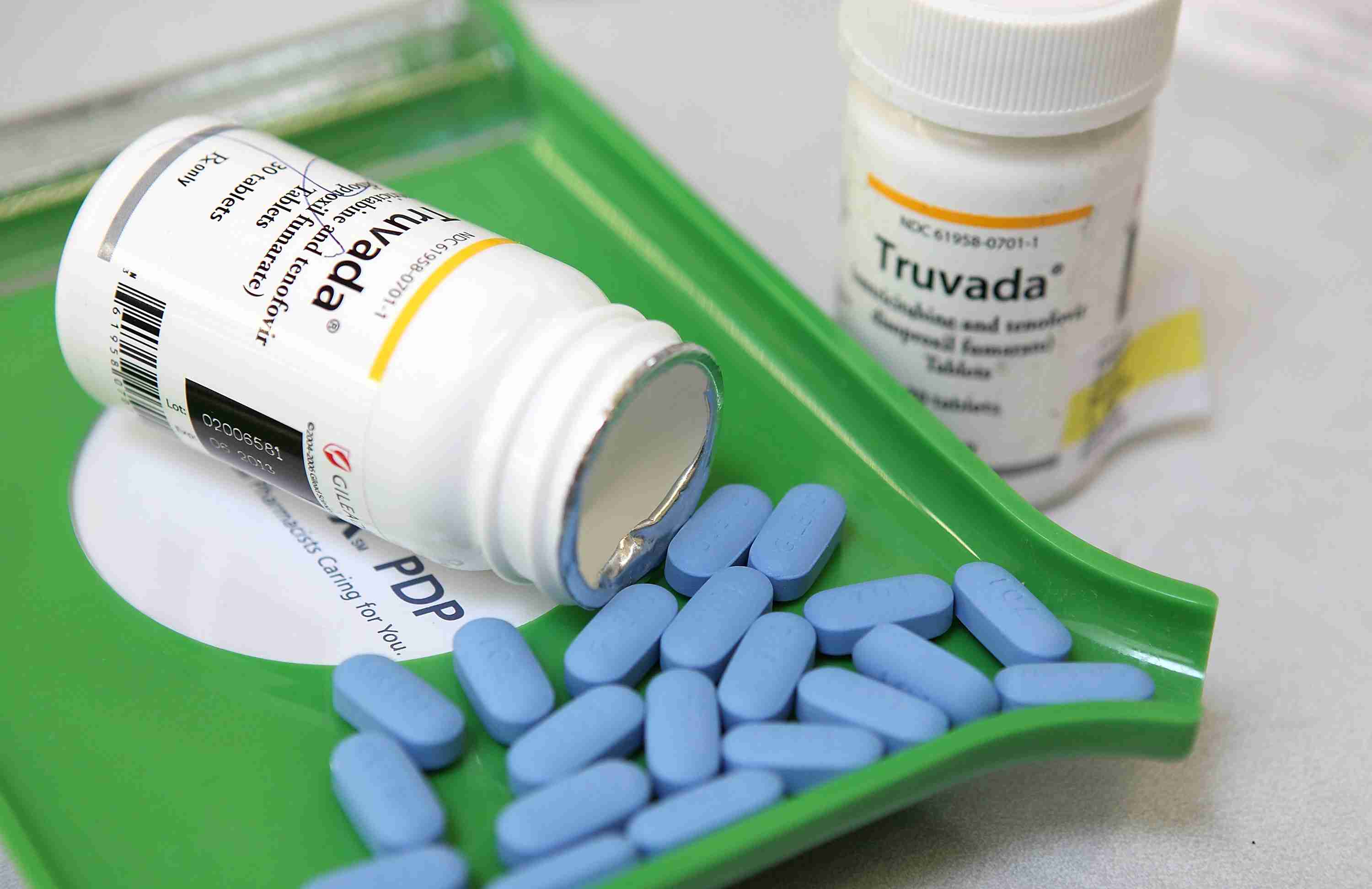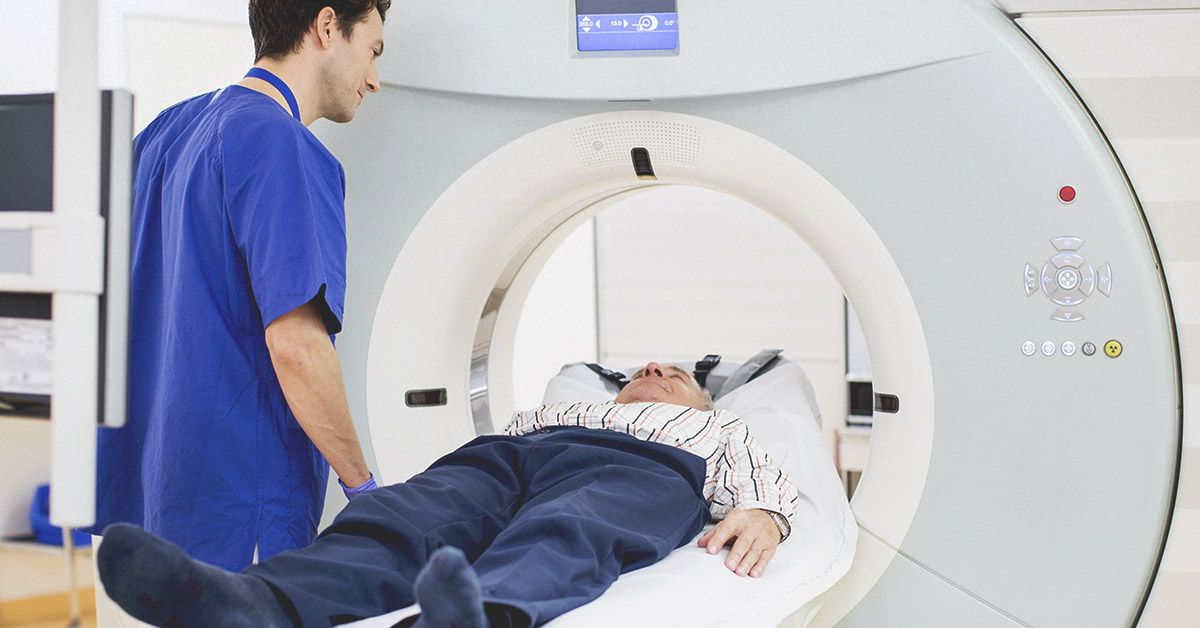I just love it when the reductionists are wrong…again. I can not help myself. bigsmile
University of Nebraska-Lincoln researchers have found revolutionary evidence that an evolutionary phenomenon at work in complex organisms is at play in their single-celled counterparts, too.
Species most often evolve through DNA mutations inherited by successive generations. A few decades ago, researchers began discovering that multicellular species can also evolve through epigenetics: traits originating from the inheritance of cellular proteins that control access to an organism’s DNA, rather than genetic changes.
Because those proteins can respond to shifts in an organism’s environment, epigenetics resides on the ever-thin line between nature and nurture. Evidence for it had emerged only in eukaryotes, the multicellular domain of life that comprises animals, plants and several other kingdoms.

